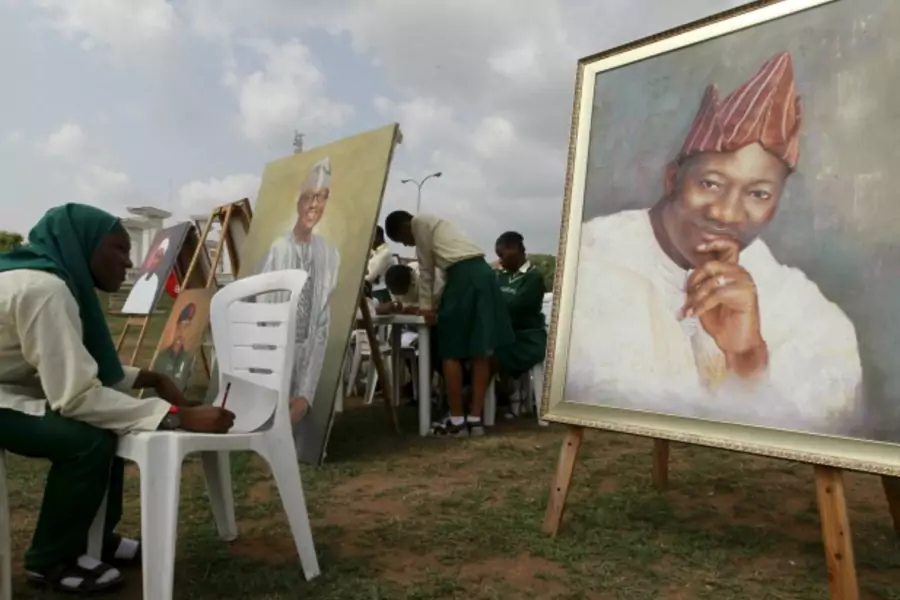More on:
In his February 1, address to the U.S. Congress’s House Subcommittee on Africa, former President Goodluck Jonathan argued for Nigeria’s continued importance to U.S. strategic interests in Africa. He recalled the 1961 state visit to Washington by then-Prime Minister Abubakar Tafawa, and observed that the close bilateral relationship not only continued but could be enhanced. (Tafawa Balewa was Nigeria’s first, post-independence prime minister. Assassinated in a 1966 military coup, he is today a national hero.)
Jonathan’s list of factors that make Nigeria important to the United States are its mineral resources, the size of its economy, “biotic resources” (resources from organic material, including oil and gas), its population, and its “human resources.” (The Nigerian Statistics Office now estimates the population at more than two-hundred million; the UN estimates that by mid-century the population will be over 440 million, and that Nigeria will have displaced the United States as the third-largest country in the world by population.)
Jonathan’s list is unexceptionable. However, he also said, “Nations such as Nigeria can impact the globe positively when things are handled properly. They may also affect the world negatively if things go wrong. It is not in the best interest of the U.S. and indeed the international community to ignore Nigeria.”
Here, Jonathan hits the nail on the head. Since independence, Nigeria has played a constructive role in West African regional affairs. It has been actively involved in peace-keeping initiatives across the continent; most notably in Congo, Sierra Leone, Liberia, Sudan, and the Ivory Coast. And, that list is incomplete. Nigeria has led the regional movement against military dictatorship It has animated and supported the Economic Community of West African States (ECOWAS), the continent’s most effective regional organization. Furthermore, Nigeria guided the transformation of the Organization of African Unity into the African Union. However, the mishandling of the Boko Haram and Delta insurgencies has contributed to regional instability and fostered a decline in the country’s regional and continental role.
For a generation, Nigeria was a major supplier of oil and gas. In the first decade of the 21st century, Nigeria regularly supplied the U.S. market with a million barrels of oil a day. Now, it exports little or none, largely because of the increase in U.S. domestic production and that of suppliers closer at hand: Canada, Mexico, and Venezuela. Nevertheless, as Jonathan pointed out, Nigeria’s global importance goes beyond oil production and supply, and is enduring. Jonathan is right when he says that ignoring Nigeria is not in the best interests of the United States. It is to be hoped that the Trump administration recognizes that reality.
More on:
 Online Store
Online Store
